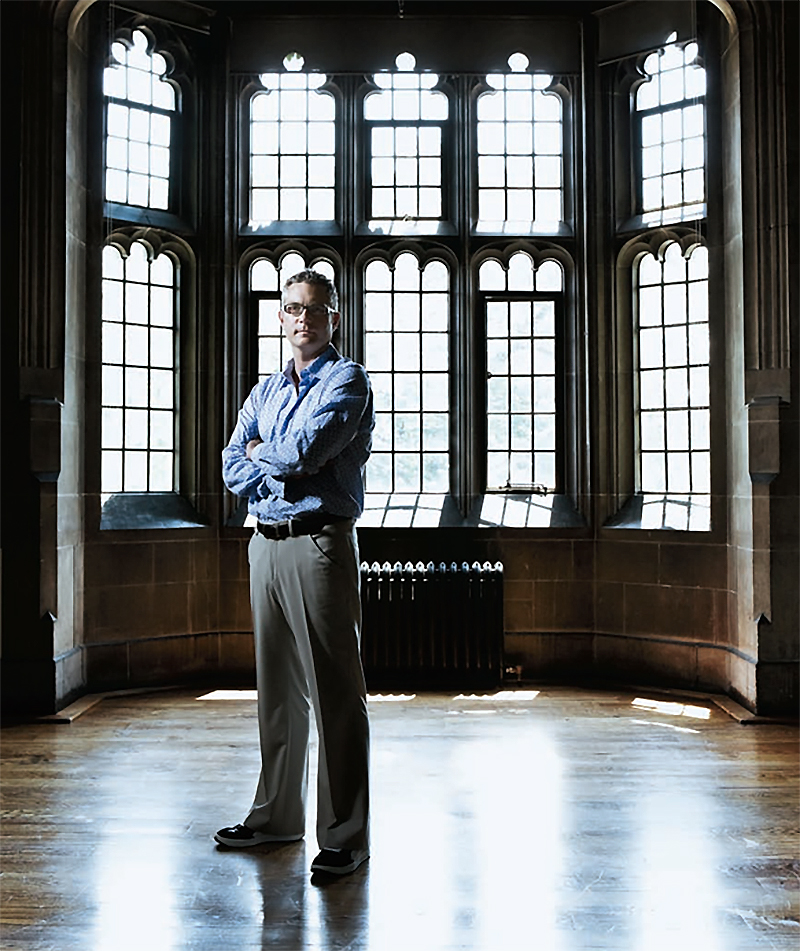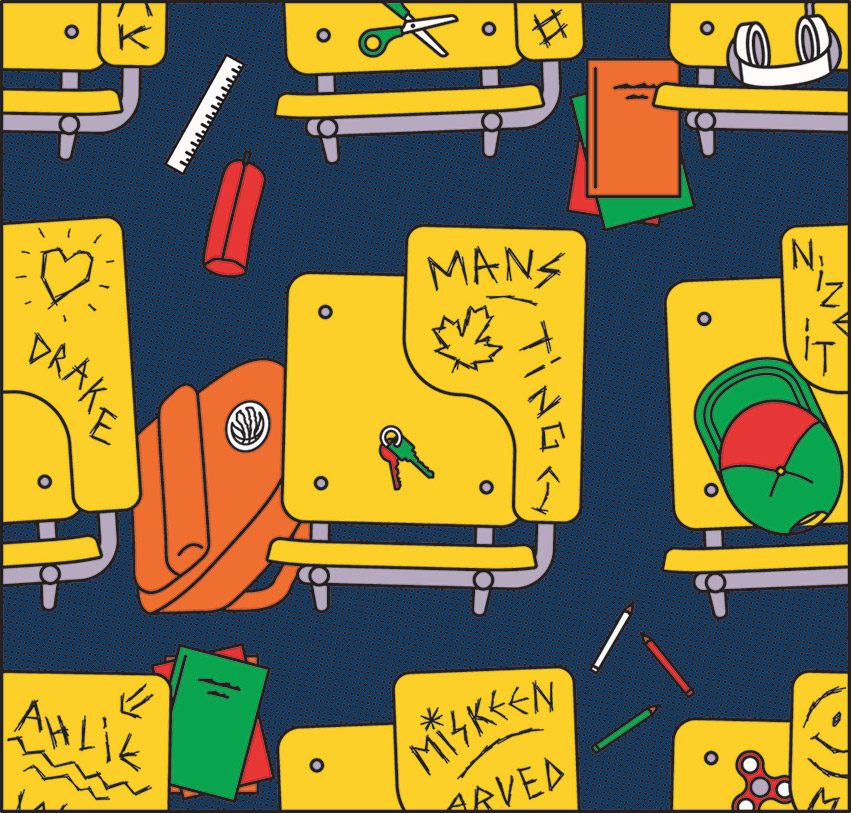Worries about the end of the world don’t often appear in the historical record.
The city of Rome’s 1000th anniversary in AD 247 was celebrated with “no particular anxiety among pagan society,” says U of T classics prof Michel Cottier.
And AD 1000? “Quite probably it was not a fear of the end of the world, but for some a relatively joyful expectation of the second coming,” says Isabelle Cochelin of history and medieval studies.
 1545: The Aztecs (successors of the Mayans) reacted to an eclipse. “Nevermore will he give light; the demons will come to eat us!”
1545: The Aztecs (successors of the Mayans) reacted to an eclipse. “Nevermore will he give light; the demons will come to eat us!”
 1666: The Fifth Monarchy Men believed the overthrow of English King Charles I heralded a new world order to begin in 1666.
1666: The Fifth Monarchy Men believed the overthrow of English King Charles I heralded a new world order to begin in 1666.
 1844: Up to 100,000 followers of Baptist preacher William Miller gave away their possessions in anticipation of the end of the world.
1844: Up to 100,000 followers of Baptist preacher William Miller gave away their possessions in anticipation of the end of the world.
 1859: Rumours of doom circulated when a week-long geomagnetic storm filled even equatorial skies with crimson northern lights.
1859: Rumours of doom circulated when a week-long geomagnetic storm filled even equatorial skies with crimson northern lights.
 1910: When the Earth passed through the tail of Halley’s comet on May 19, thousands feared asphyxiation from cyanide molecules.
1910: When the Earth passed through the tail of Halley’s comet on May 19, thousands feared asphyxiation from cyanide molecules.
 1938: Radio show The War of the Worlds presented a fictional story about an alien invasion. Hysterical callers flooded police phone lines.
1938: Radio show The War of the Worlds presented a fictional story about an alien invasion. Hysterical callers flooded police phone lines.
 2000: Computer programmers worked frantically to fix software that was about to fail, unable to distinguish between 1900 and 2000.
2000: Computer programmers worked frantically to fix software that was about to fail, unable to distinguish between 1900 and 2000.
 2012: The Mayan long count calendar rolls over, sparking predictions of a new, more spiritual era for humankind.
2012: The Mayan long count calendar rolls over, sparking predictions of a new, more spiritual era for humankind.




